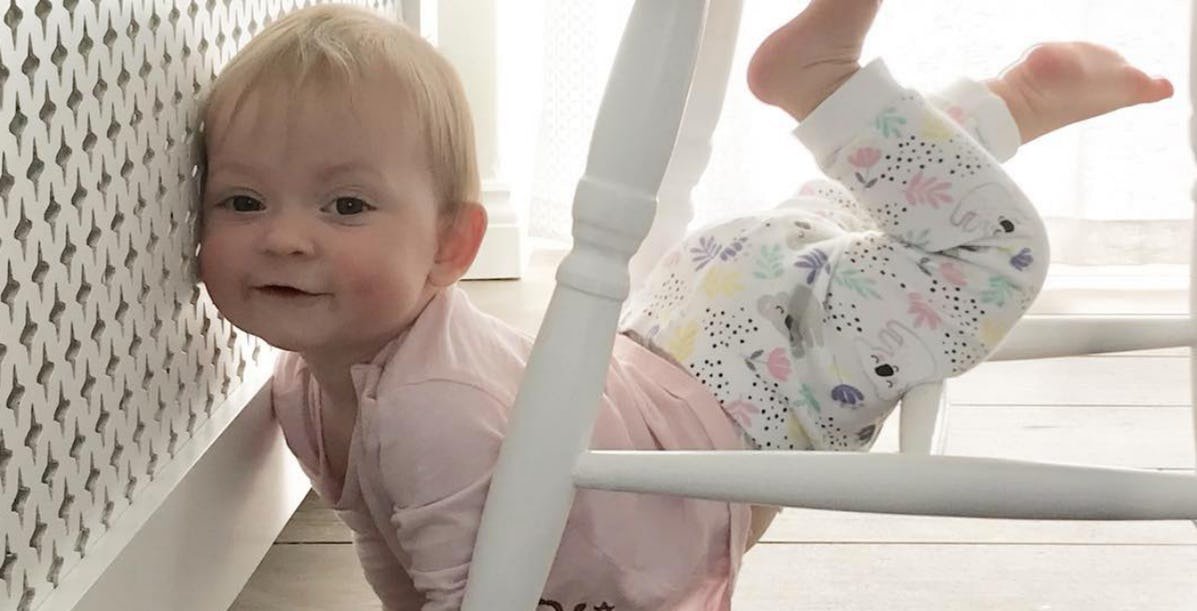As you become parents you will be flooded with information about what your child should and should not do. This information can come from all sorts of sources such as online articles, social media, friends, and family.
Breastfeed, give the baby regular tummy time, read stories, talk to them, when they start on solids make sure they’re eating those veggies, sleep train, don’t sleep train, potty train, make sure they’re getting time to be social — it’s too much! Truly, parents in 2019 have a lot to remember, and the constant advice they receive can be overpowering, to say the least.
While the endless barrage of information may seem cumbersome, parents today are lucky to have a wealth of knowledge at their disposal. New research has shown that there are proven steps parents can take to keep their little ones as safe as possible and things moms and dads can do to set their children on a course to become responsible, happy, and successful adults.
Studies have also uncovered some habits and activities that have been deemed unsafe, and best for children to avoid. Read on for 20 things parents shouldn’t let their kids do in 2019.
20. STAYING IN DIAPERS TOO LONG

While delaying potty training until a child shows interest is recommended by many pediatricians, it is also important not to delay the inevitable for too long. Expert on bed wetting, bladder control and child development Dr. Baruch Kushnir told SheKnows.com, “Toilet training is a step in the process of overall development. It symbolizes progress in the acquisition of independence and control.”
Kushnir also explained, “When a child is not completely potty trained by the age of four, he becomes an ‘exception’ and may suffer personal and social embarrassment and disappointments. He may also be [introduced] to unpleasant reactions from the social environment … and they may damage the child’s self-image and self-confidence and interfere with his developing personality.”
19. RIDING IN CAR SEATS INCORRECTLY
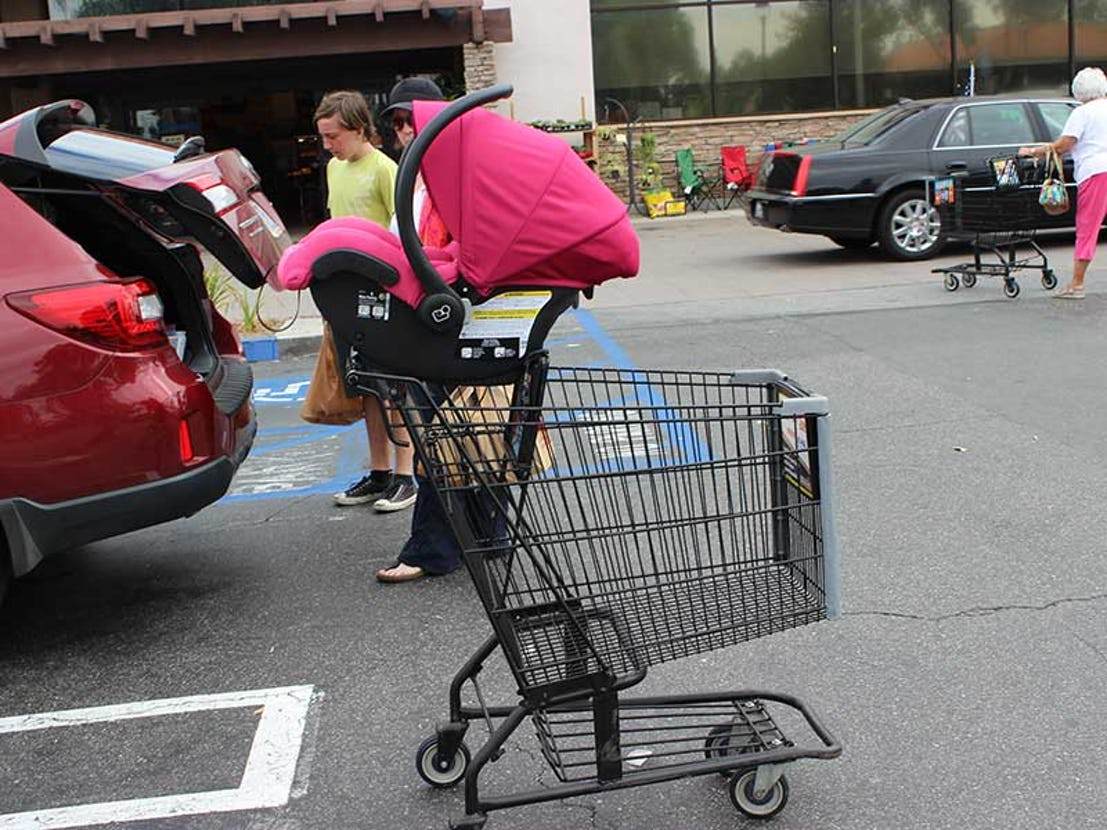
Car seat safety has been a polarizing issue over the last decade with study after study proving the benefits and increased safety of using car seats. That is, if and when they are used correctly.
According to TheCarSeatLady.com, “Anytime your baby is in the car seat the harness straps must be buckled and snug. When unbuckled the baby can fall out of the seat.” The site also warns, “Anytime your baby is in the car seat, the car seat should either be in the car, on the stroller — or ON THE FLOOR. Never put the car seat on a shopping cart, restaurant high chair, countertop, table, bed, etc…as the car seat can fall from these raised surfaces.”
18. LIVING WITH EVERY SECOND STRUCTURED
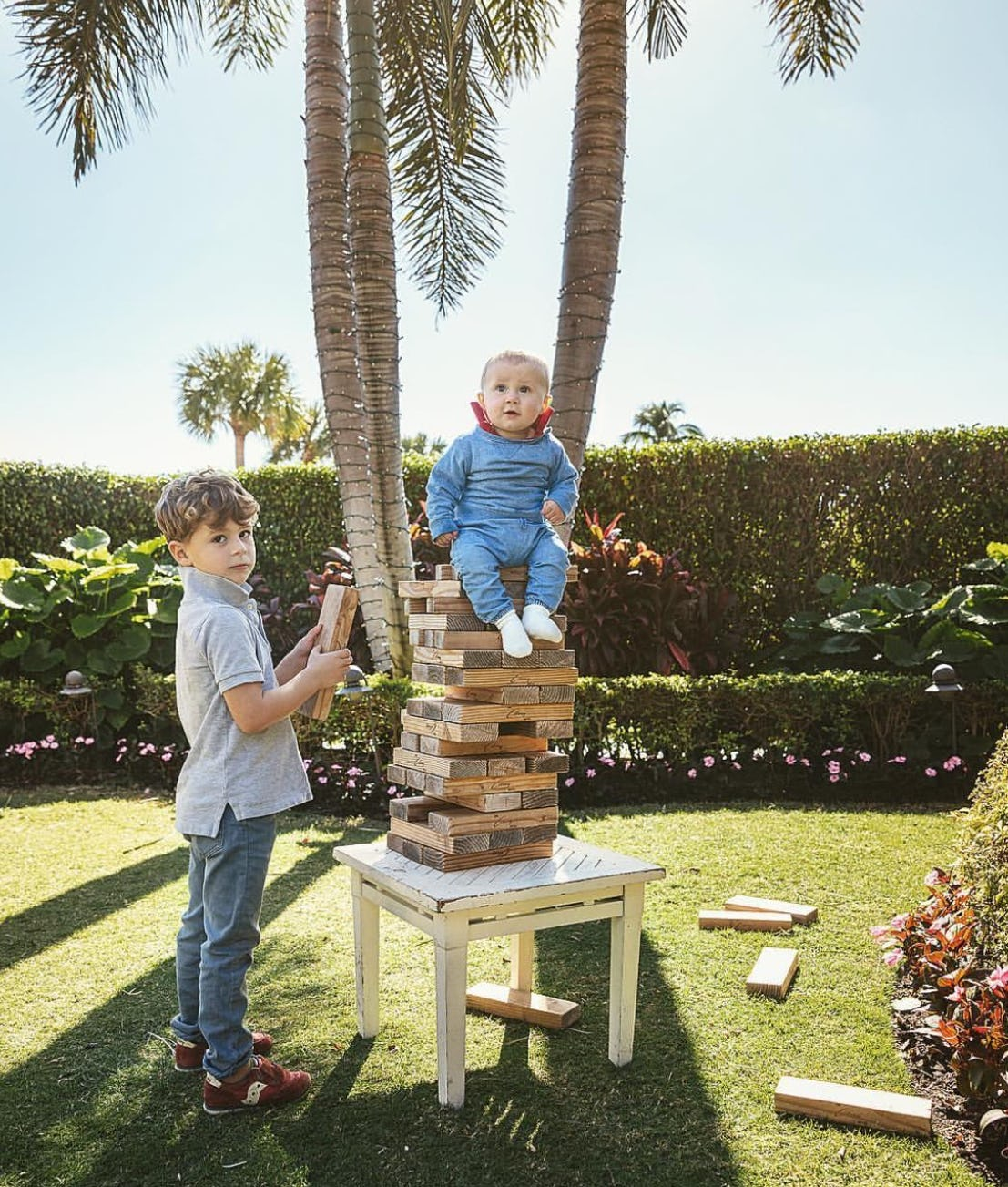
Parents may feel they need to ensure that their children have the “10,000 hours” of practice author Malcolm Gladwell suggests are crucial for achieving greatness, but too much structure can actually do more harm than good.
Oren Amitay, registered psychologist and lecturer at Ryerson University in Toronto explains, “Being busy isn’t necessarily bad…It’s the tension, the frustration, the panic in trying to arrange all these things.”
According to Dr. Shimi Kang, a Vancouver-based psychiatrist, “Studies show 40 percent of children are sleep deprived simply because they are too busy. That is absolutely unacceptable.” She suggests, “Shade out time for sleep, school, homework, dinner, and playtime every day. Whatever is left, you can fill up with activities.”
17. TRAVELING IN VEHICLES WITHOUT PROPER SAFETY RESTRAINTS

The Academy of Pediatrics recommends that from infancy to the age of two, tots should be secured in rear-facing car seats whenever they ride in vehicles. They recommend that children be secured in forward-facing seats until at least 4 years of age and that children should sit in belt-positioning booster seats until at least the age of 8.
Community.Today.com states, “[It is] important to ensure you buy a car safety seat for your baby or child whether you live in a country that has a law which obliges parents and children to use a car seat or not… You never know how a car seat can save your child’s life in the event of a collision.”
16. DRINKING JUICE
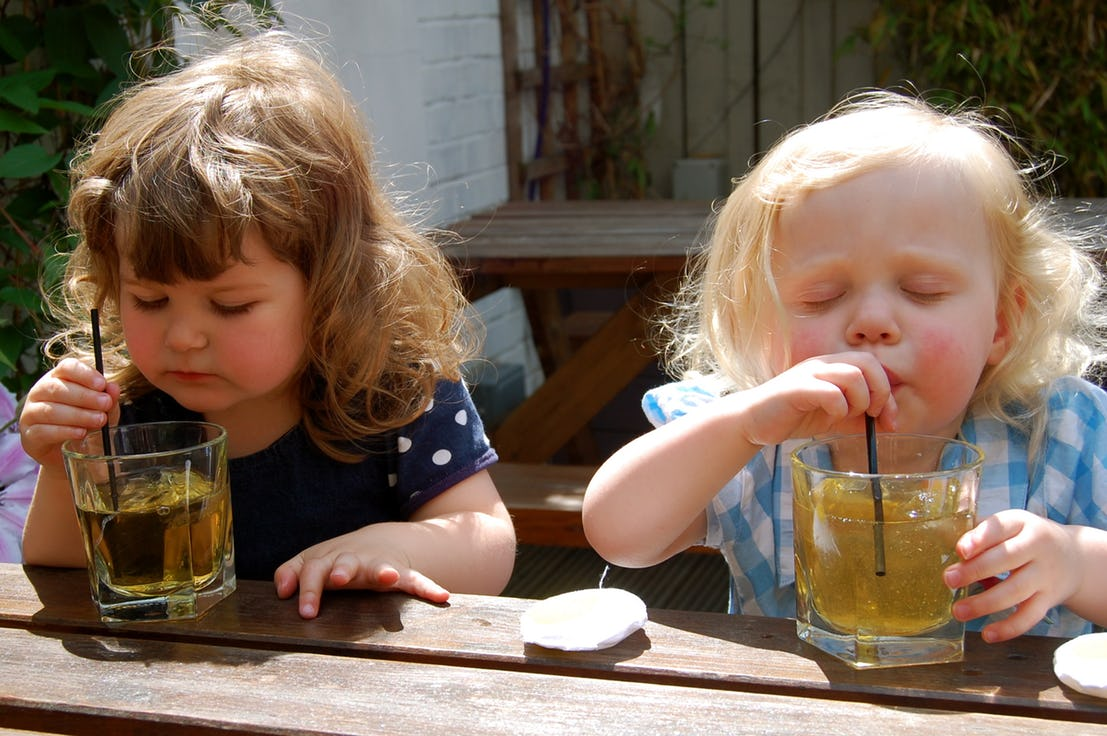
Many parents give their children juice on a daily basis, but new guidelines state it should be viewed as a treat, not a dietary staple. According to Rachel Freeman, a registered [nutritionist] at McMaster Children’s Hospital in Hamilton, Ontario, “[Juice is] essentially sugar water—sometimes with vitamins in it.” A recent announcement by the American Academy of Pediatrics states that juice should not be given to children younger than one year of age, and should be given sparingly to children older than that.
Freeman also explains, “Most kids drink juice…It’s [bad] for their developing teeth; it’s not good for nutrition.” According to Karen Balko, a registered dietitian at Kindercare Pediatrics in Toronto, “Liquid calories are contributing to the obesity epidemic.”
15. RELYING ON PACIFIERS PAST THE AGE OF TWO
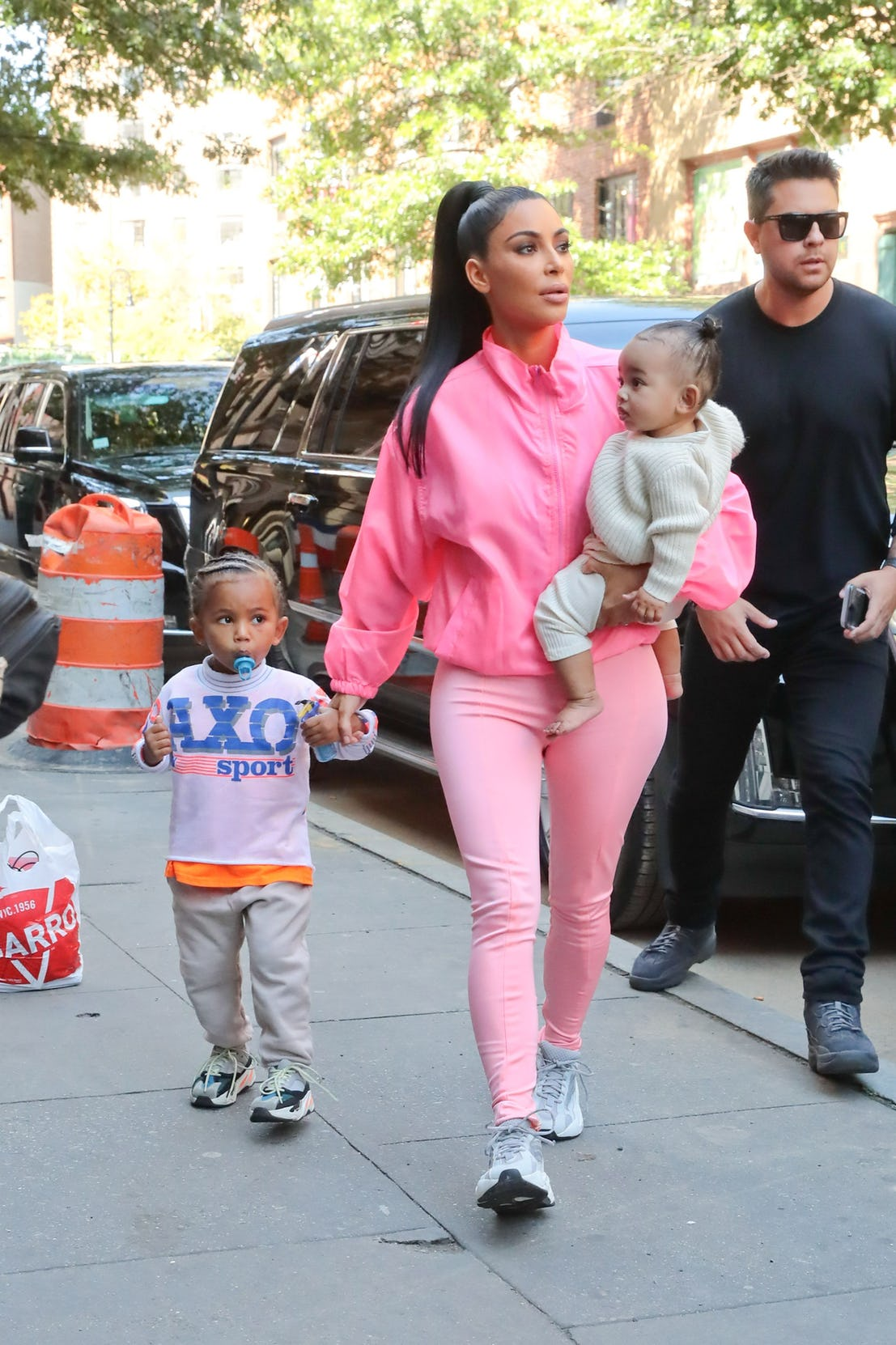
According to Parents.com, “Experts agree that pacifiers are entirely appropriate for soothing Baby. Still, pediatric dentists recommend limiting pacifier time once a child is 2 and eliminating it by age 4 to avoid dental problems.”
Richard Dowell, Ph.D., a pediatric neuropsychologist at Evangelical Community Hospital in Lewisburg, Pennsylvania is a fan of pacifiers. He explains, “Young infants have no other mechanism to control their distress. They can’t get a drink; they can’t ask for a blanket; they can’t use their hands to control things. Sucking provides a way for them to calm themselves.” When little ones reach the age of two, however, they should be developing other ways to self soothe, and shouldn’t constantly rely on a pacifier.
14. DRINKING FROM BOTTLES PAST THE AGE OF ONE

According to HealthLand.Time.com, “The American Academy of Pediatrics recommends that babies give up the bottle entirely by about age 1, and no later than 18 months. But [a recent] study…found that 22% of babies were still using bottles regularly at 24 months. And nearly a quarter of those children…were obese by age five-and-a-half.”
Rachel Gooze, a Ph. D. student at Temple University’s Center for Obesity Research and Education and lead author of the study told the site, “We definitely recognize stopping the bottle at a year of age is not easy, and stopping it at 2 years of age may be even harder… Think of moving from a bottle to a cup as a developmental milestone.”
13. NEVER LEARNING TO DO THINGS THEMSELVES

Edmonton psychologist Jeanne Williams told Today’s Parent that it’s all too easy for parents to deal with their limited time and many demands by “parenting to get through the day.” She told the site, “I’d go so far as to say that all parents do this at some point.”
She warns, “Habitually doing things for your child that she’s capable of doing herself sends an inadvertent message that you don’t have confidence in her abilities.” According to the site, the result of the failure to allow children to do things themselves could be “a child who lacks independence, self-esteem and problem-solving skills and who can’t—or won’t—do age-appropriate tasks.”
12. CRY IT OUT
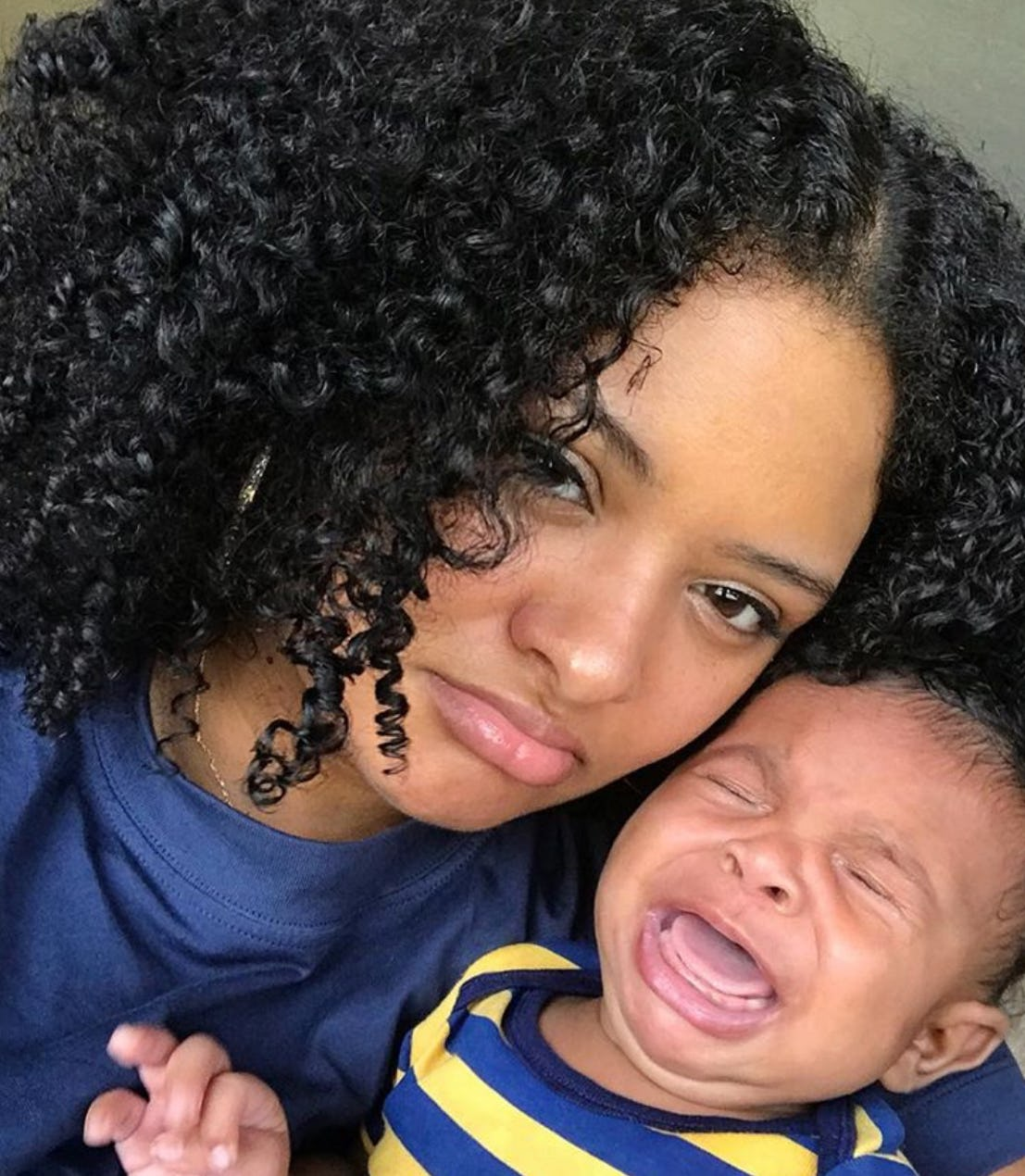
According to Darcia F. Narvaez Ph.D., parents have been encouraged to let their babies “cry it out” since before the turn of the 20th century. She explains on PsychologyToday.com that in the 1880s “the field of meds. was in a hullabaloo about germs and transmitting infection and so took to the notion that babies should rarely be touched.”
Narvaez goes on to explain, “With neuroscience, we can confirm…that letting babies get distressed is a practice that can damage children and their relational capacities in many ways for the long term. We know now that leaving babies to cry is a good way to make a less intelligent, less healthy but more anxious, uncooperative and alienated person.”
11. WATCH VIDEOS ONLINE UNSUPERVISED
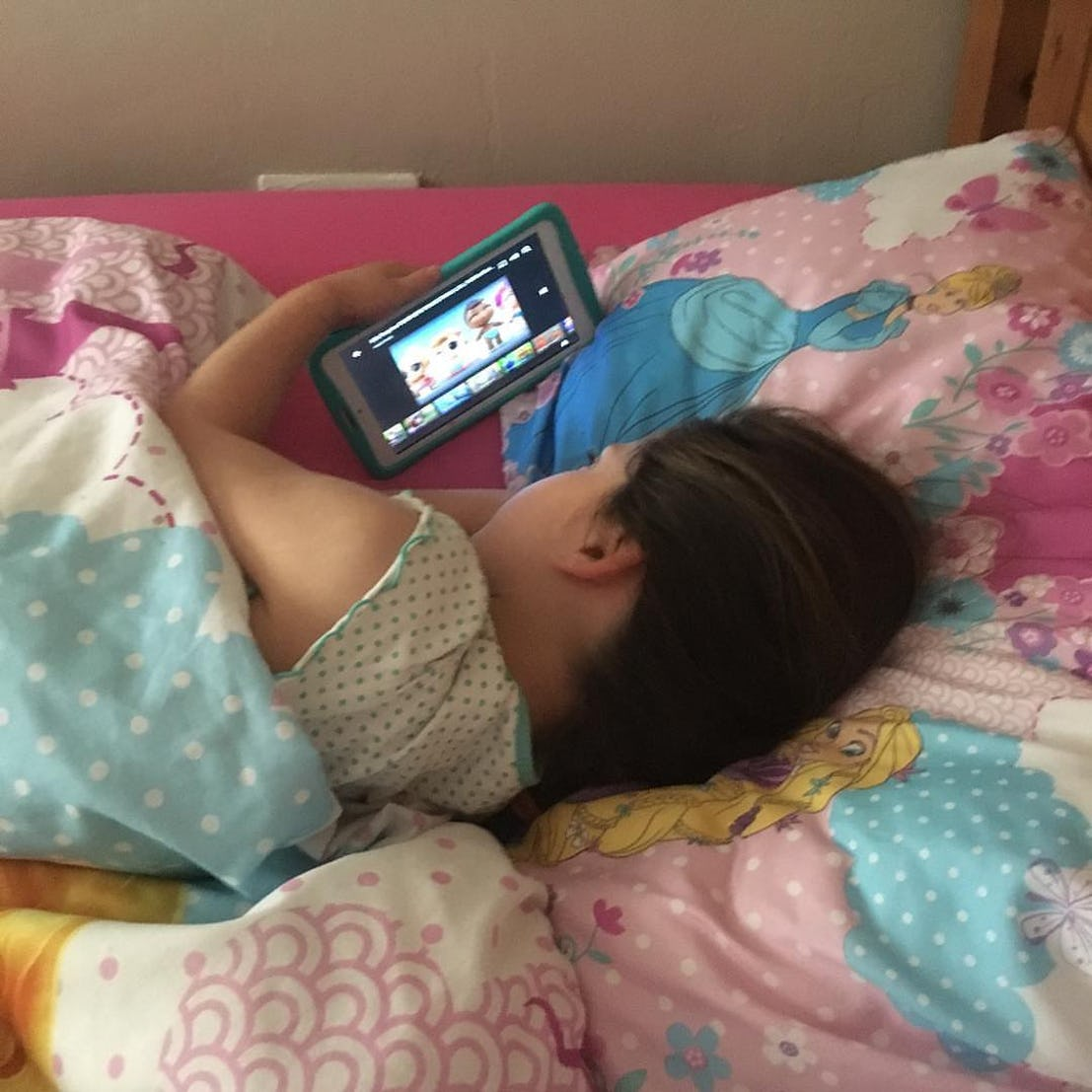
Using online videos to babysit for a few minutes so Mom can enjoy drinking coffee while it’s still warm or grabbing a quick shower is tempting, but recent findings show that online content can be incredibly disturbing. The YouTube Kidsapp, which was launched in 2015, features some surprisingly frightening videos aimed at kids. One example? A video posted on the app entitled “Peppa Pig Drinks Bleach For the First Time.”
YouTube’s director Juniper Downs recently told Gizmodo, “Earlier this year, we updated our policies to make content featuring [inapt] use of family entertainment characters ineligible for monetization. We’re in the process of implementing a new policy that age restricts this content in the YouTube main app when flagged.”
10. CONSUME CAFFEINE
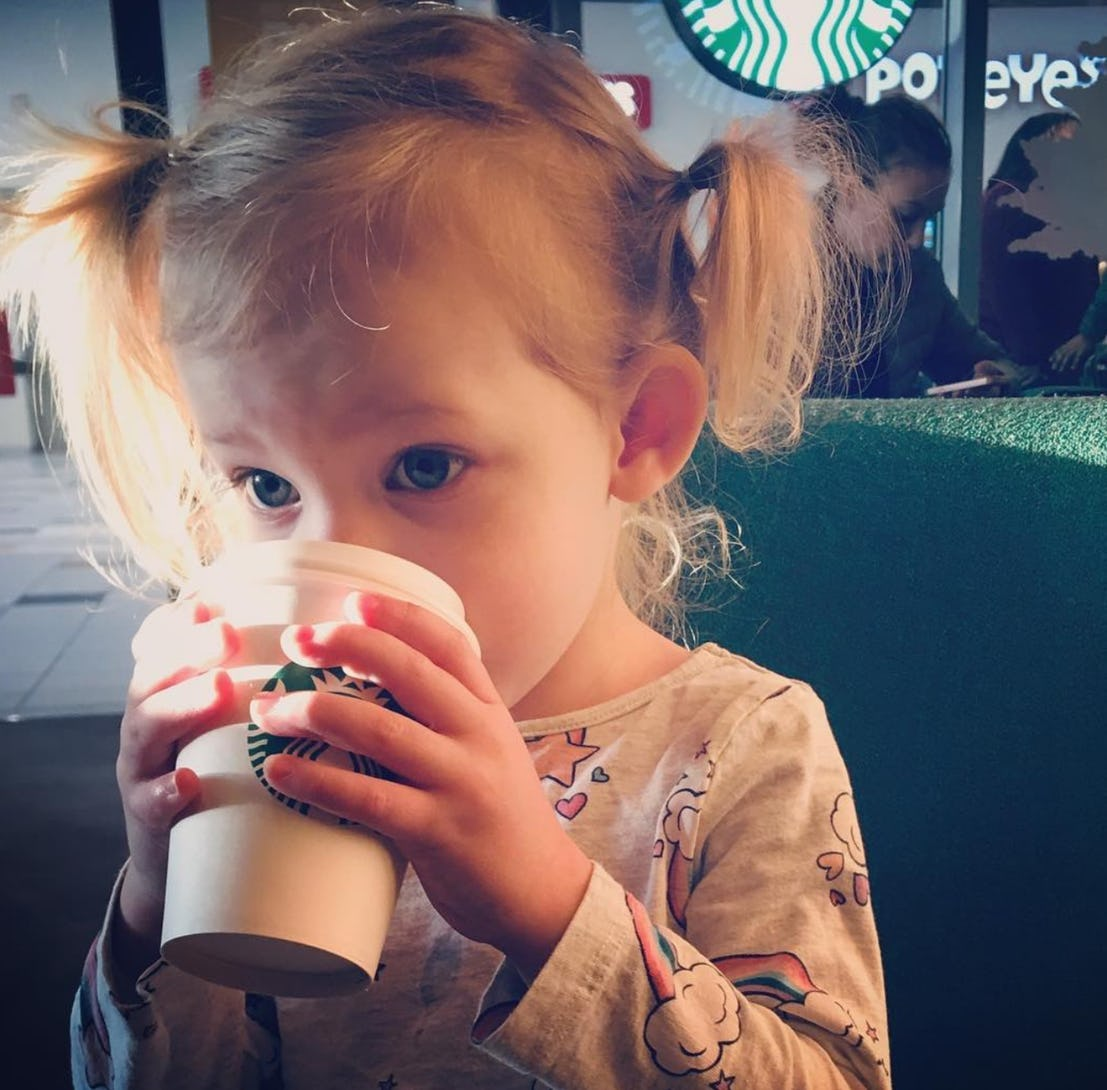
According to Dr. Kevin Shannon, a professor of pediatric cardiology and director of pediatric arrhythmia at the Mattel Children’s Hospital of the University of California, Los Angeles, “There are lots of things we can’t do because we’re not old enough or mature enough. Caffeine should probably be added to that list.”
Jennifer Temple, an associate professor at the University of Buffalo’s School of Public Health and Health Professions explained to NBCNews.com, “What we would consider being a low dose of caffeine is having an effect on the cardiovascular system. And right now we don’t have enough data in kids to know what the long term effects of repeated exposure to caffeine would be.”
9. SHARING TOO MUCH ON SOCIAL MEDIA

When children are old enough to have their own social media accounts, they should be careful not to share identifying information like addresses, birthdates, or current locations with their followers in order to protect their privacy as well as ensure their safety. Parents should also be aware that their children have a right to privacy and should think twice before sharing pics of their kids online.
Stacey Steinberg, a legal skills professor at the University of Florida Levin College of Law in Gainesville told NPR, “As children’s rights advocates, we believe that children should have a voice about what information is shared about them if possible.”
8. TAKING SLEEP AIDES
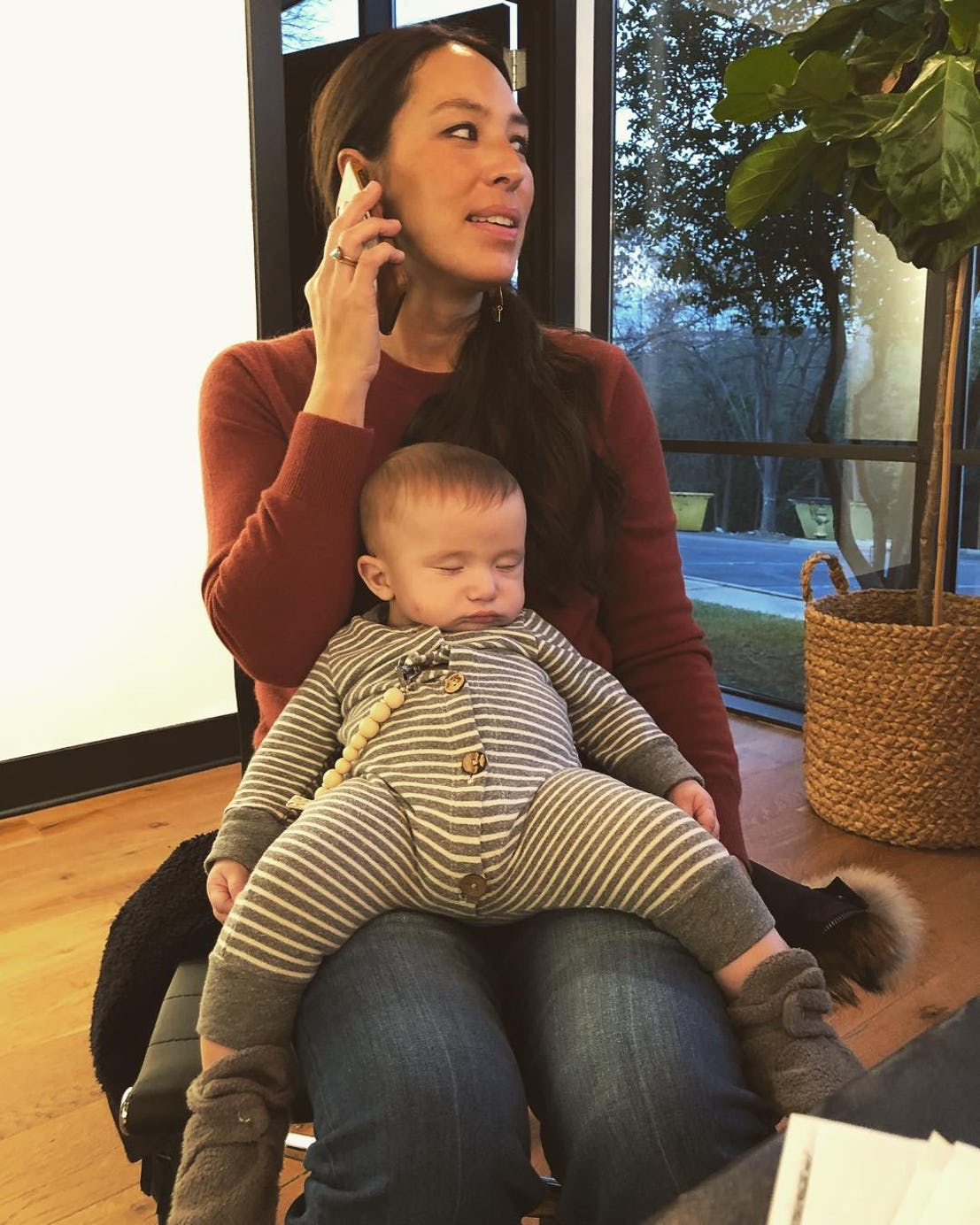
A recent poll headed up by Today.com and Parenting.com of 26,000 mothers found that “one in five admitted to giving their children meds such as Benadryl or Dramamine to get through a big event, like a long car ride or plane trip. More disturbing: One in 12 moms confessed to regularly dosing their kids with sleep-inducing meds, just to get some peace and quiet on a normal night.”
Dr. Nancy Snyderman, NBC’s chief medical editor, told Today.com, “I suspect that one in five is low. The biggest risk is overdose or an adverse reaction.” She added, “Not all kids get drowsy on Benadryl. My kids used to get hyper on it. So it can backfire.”
7. ENDURE HELICOPTER PARENTING
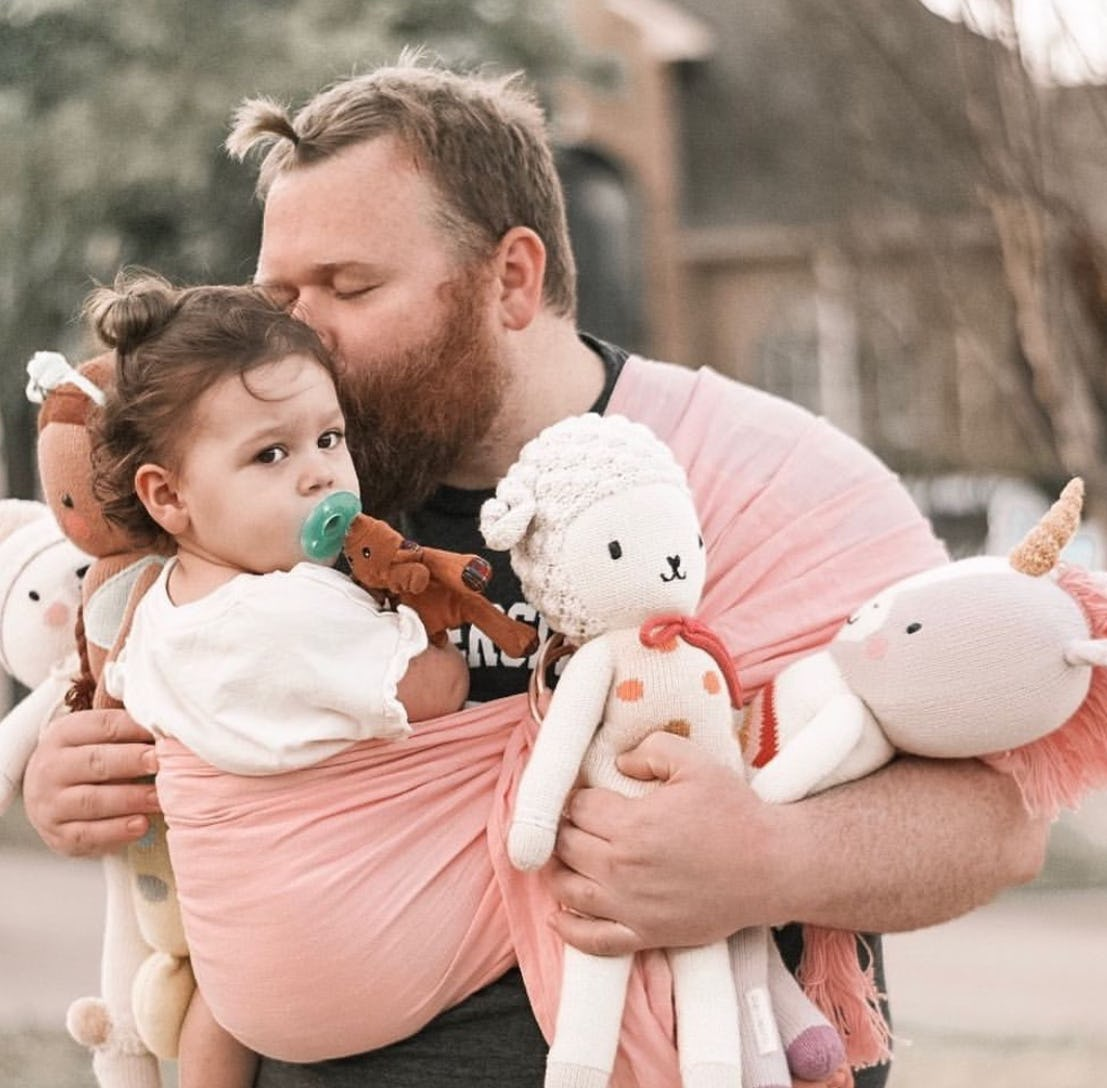
Parents may think they are doing their kids a favor by hovering over every move they make, but moms and dads who do too much for their kids may be causing major problems. PsychologyToday.com recently reported, “Florida State University found that helicopter kids are more likely to have health issues in adulthood. They found that most helicopter kids never learned how to manage their health because their parents always told them when to go to sleep, when to exercise, and what to eat.”
Additionally, according to the site, “A 2014 study from the University of Colorado found that adults who grew up with helicopter parents were less likely to possess the mental control and motivation they need to succeed.”
6. AVOIDING PAIN AND DISCOMFORT
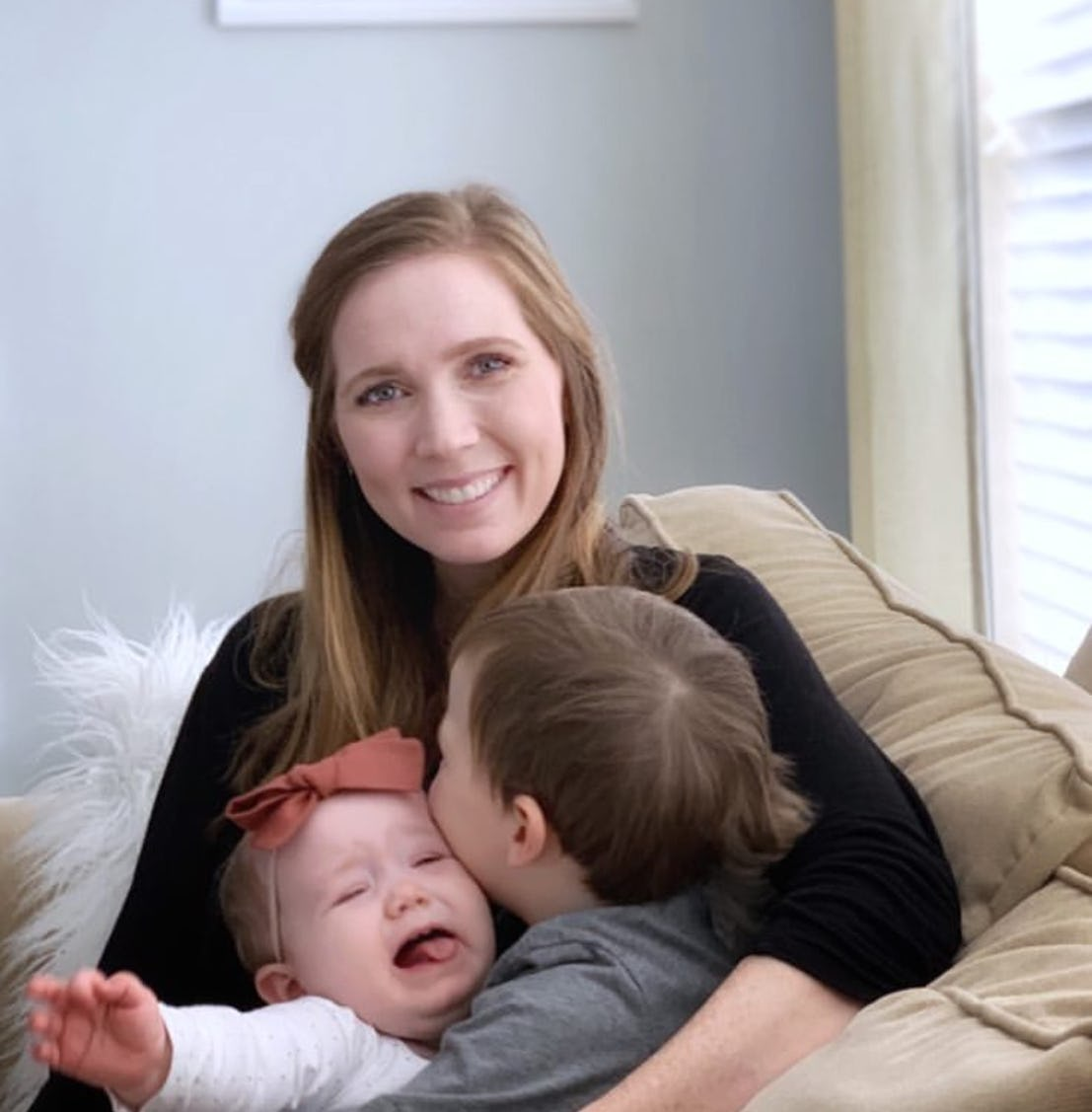
It’s natural for parents to want to do all they can to protect their children from the challenges of life, but it’s actually healthy for youngsters to learn how to deal with negative emotions. According to Mother.ly, “Hurt feelings, sadness and anxiety are part of life. Letting kids experience those painful feelings gives them opportunities to practice tolerating discomfort.”
The site also states, “Provide your kids with the guidance and support they need to deal with pain so they can gain confidence in their ability to handle life’s inevitable hardships.” This may be difficult in the short term, but they’ll thank you later.
5. ALWAYS GETTING THEIR WAY
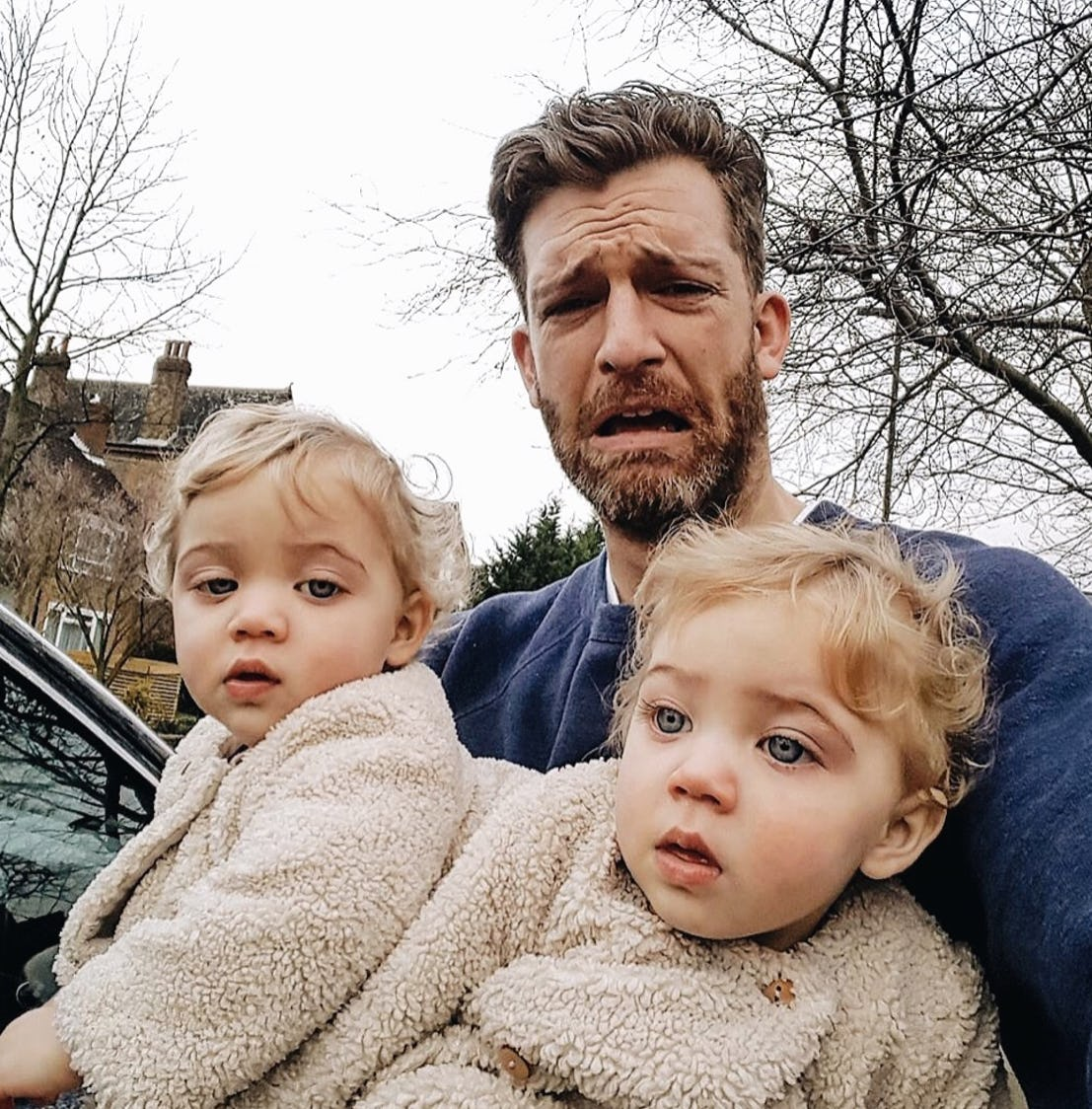
Yes, kids should be allowed to choose whether they want vanilla or chocolate ice cream cones, but shouldn’t call all the shots. Mother.ly warns, “If you make your entire life revolve around your kids, they’ll grow up thinking everyone should cater to them…Teach your kids to focus on what they have to offer the world, rather than what they can gain from it.”
The site continues, “Letting kids dictate what the family will eat for dinner where the family goes on vacation gives kids more power than they are developmentally ready to handle. Treating kids like an equal, or the boss, actually robs them of mental strength.”
4. AVOID TRYING NEW FOODS
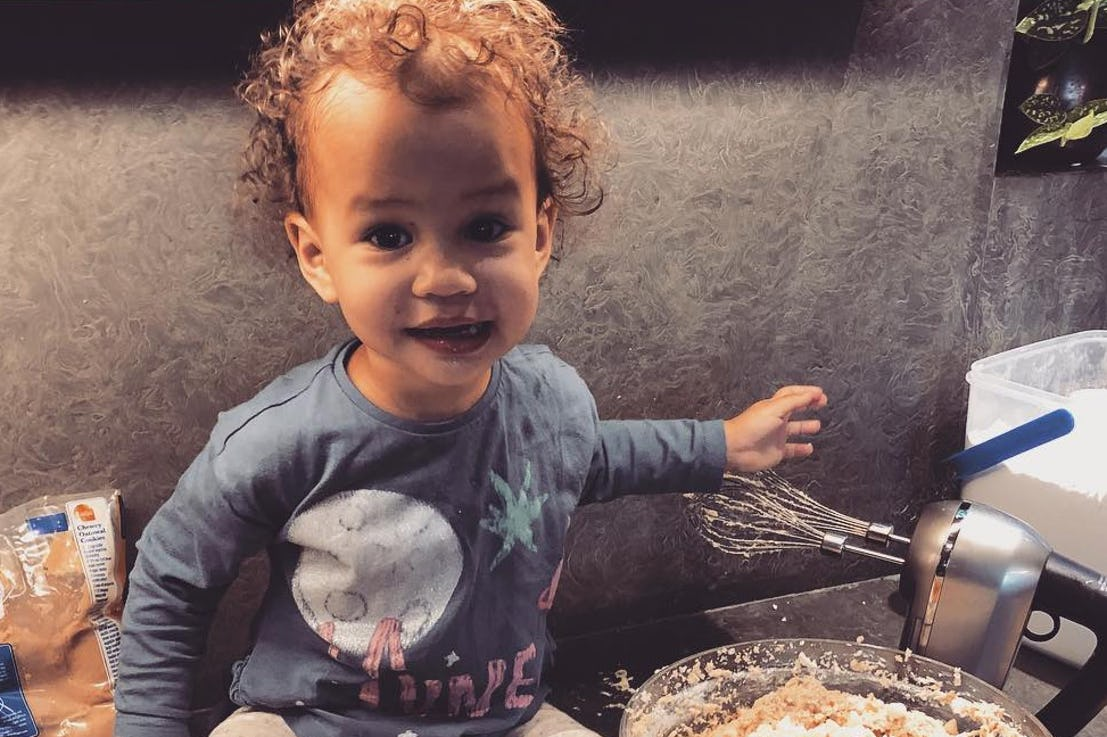
Picky eaters are hard to please, but parents shouldn’t let their children get away with subsisting solely off of Goldfish crackers. According to TodaysParent.com, “Research suggests that with time and repeated exposures—without pressure—most children will accept new foods. You can also breathe a sigh of relief: The vast majority of children who are considered to be picky eaters do not actually have severely restricted [eating habits], or sub-optimal growth.”
So what’s a parent with a picky eater to do? The site recommends modeling healthy eating, giving children repeated exposure to foods without forcing them to eat anything they don’t want to, and offering a variety of healthy options at every meal.
3. MAKING ALL OF THEIR OWN DECISIONS
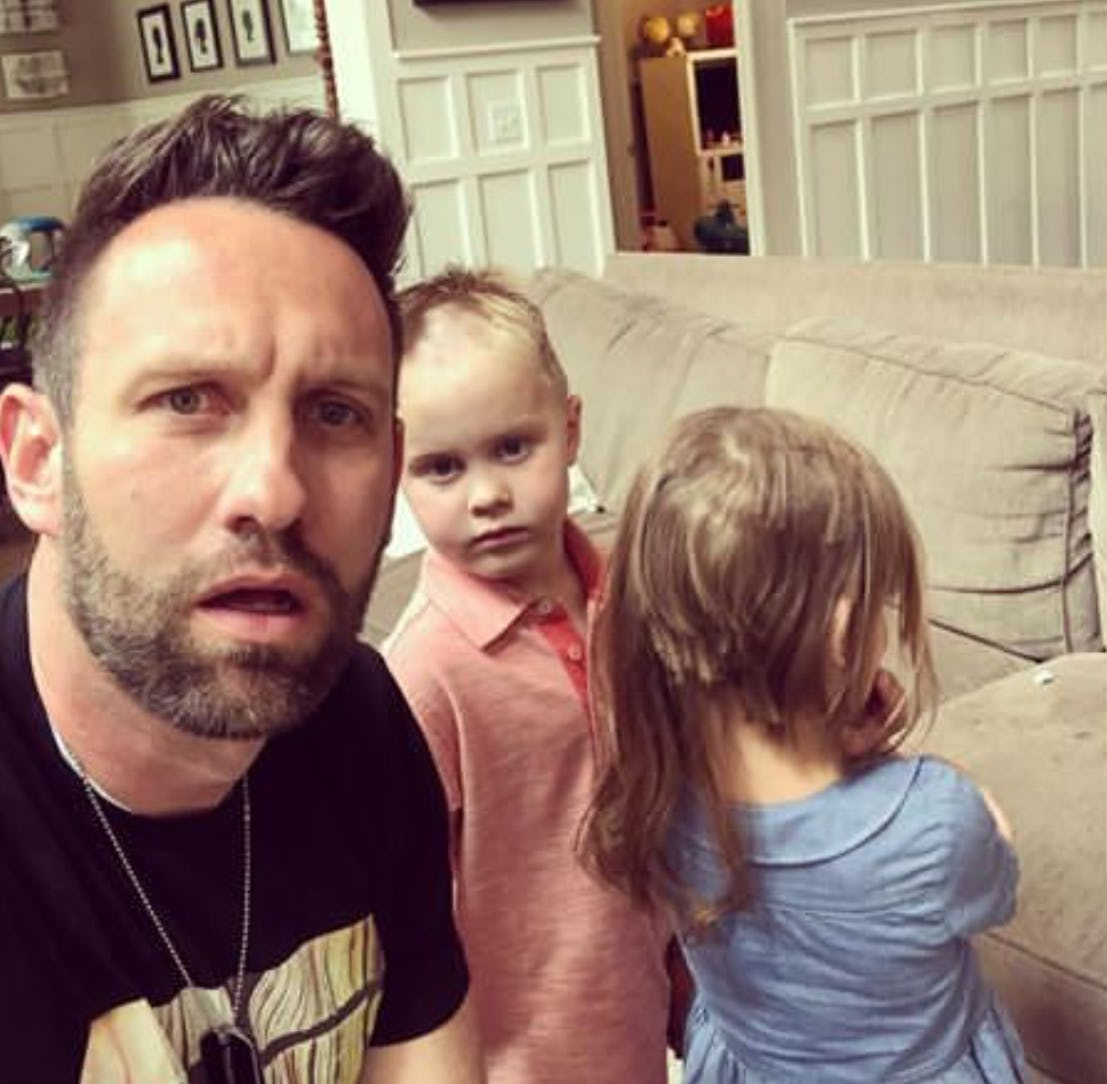
While many experts recommend that children should be allowed to make their own decisions in some cases in order to build confidence and attain autonomy, parents shouldn’t let children run the show.
According to PsychologyToday.com, “Encouraging your children to make their own decisions isn’t as simple as saying, ‘You make the decision. You’re on your own.’ Instead, ceding decision making to your children is an incremental process based on their age and maturity. It would be downright dangerous to give children complete latitude in their decision making. But you can begin to teach decision-making skills in small doses even with very young children.”
2. COMPARING THEMSELVES TO OTHERS
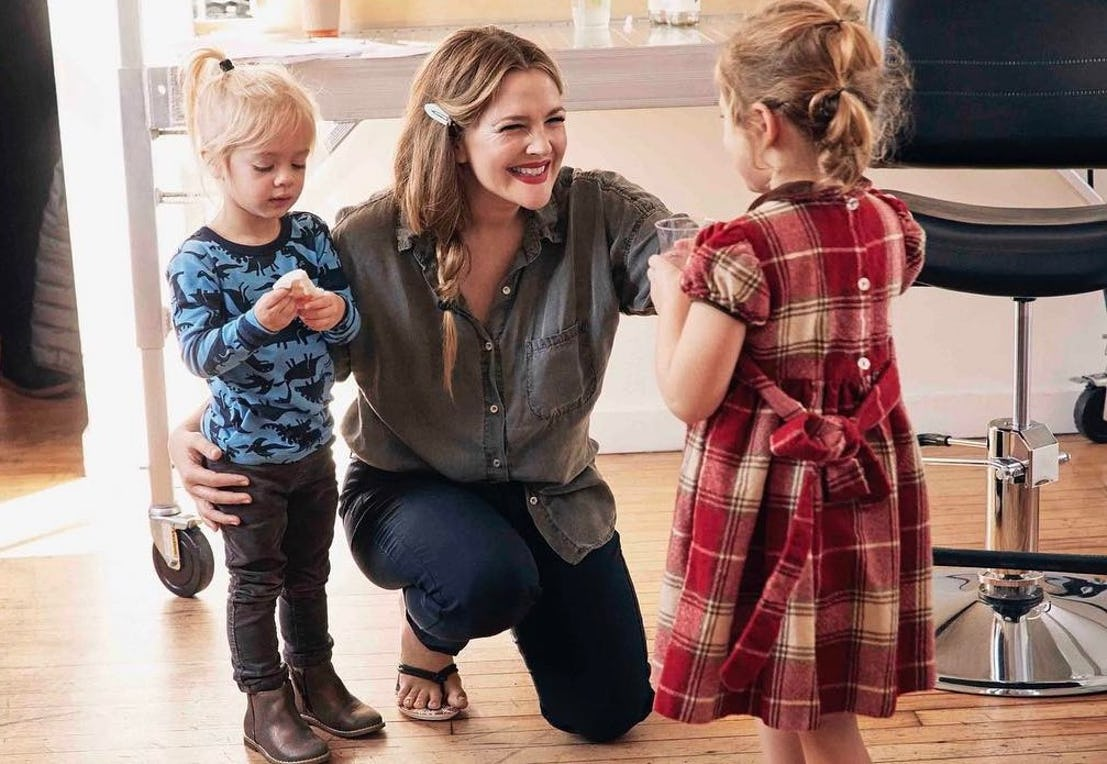
It can be tempting to use comparison as a way to motivate children to succeed, but this technique often does much more harm than good. According to Parenting.FirstCry.com, “Comparison of a child is generally made with the intention of motivating the child to excel, but it produces a contradictory effect where the child feels low because it hurts the self-esteem.”
The site continues, “The spirit of competitiveness is good in a child, but teaching them to be better than their counterparts can sometimes be counterproductive. It causes deep set emotional bruises which are difficult to heal. It results in aggression, antagonism, and resentment. All these qualities are detrimental to the gradual growth and progress of [children].”
1. BEING UNKIND

Richard Weissbourd, a Harvard psychologist with the graduate school of education runs the Making Caring Common project. He worries that parents are so hyper-focused on how their own children are feeling, they forget to teach them the importance of the feelings of those around them. He told The Washington Post, “We need to get parents to tone down some of that focus on whether their kids are happy and make the higher priority being responsible for others.”
Researchers behind the Making Caring Common have concluded, “Children are not born simply good or bad…They need adults who will help them become caring, respectful, and responsible for their communities at every stage of their childhood.”


